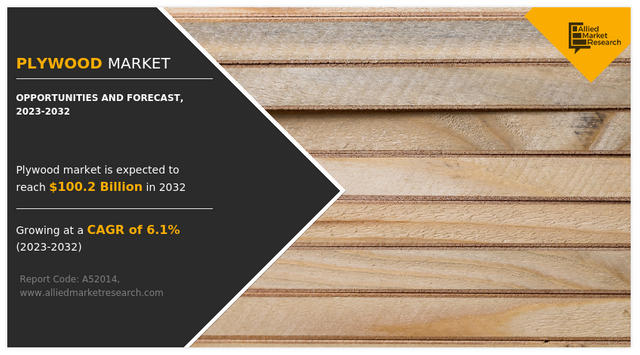Assessing the Impact of Technology in Enhancing Plywood Manufacturing
Technological improvements have significantly simplified the process of plywood manufacturing. It has reduced dependency on manual labor and eliminated human errors through automation. The sheets are produced to high standards at present. Moreover, it assures quality consistency, through cutting precision, imaging techniques, and sustainable practices. Altogether, these innovations enhance productivity and promote sustainability, making the plywood industry more competitive while also being kinder to the environment.
Continuous pressing technology and computerized cutting
Experts have started utilizing advanced manufacturing methods, including Continuous Pressing Technology to increase the efficiency and utility purpose of the plywood panel. This cutting-edge technique leads to faster production. It also minimizes excessive energy use. The continuous presser includes cold and hot pressing to compress plywood panels more effectively.

Moreover, modern cutting technologies allow accurate measurements and cuts. They minimize waste and ensure that each piece of plywood meets specifications. This exactness is important for furniture manufacturing and construction projects. Furthermore, computer numerical control machines reduce material waste by adjusting to various panel sizes decreasing scrap. According to a report from the Forest Products Laboratory, CNC technology achieves cutting tolerances as tight as ±0.1 mm. The system thus helps in creating a faster production cycle increasing cutting speed up to 60% without compromising on the quality.
Report With TOC:
https://www.alliedmarketresearch.com/plywood-market-A52014
Automation-enabled flaw detection, quality check and sustainable practices
AI-powered imaging systems capture high-resolution images of the sheets as they move along the production line. It allows for real-time grading and defect detection. Manufacturers detect imperfections by utilizing deep neural networks. This leads to improved product integrity and less material waste. For instance, ThirdEye has developed an AI image processing and anomaly detection system with features like collecting real-time data (image format), instant processing, object detection, and notification. The system was backed by AI techniques like object detection technologies and complicated algorithms.
Automation also checks the plywood quality and conducts uniformity across all products. This consistency is essential for maintaining customer trust and satisfaction, as it guarantees that every sheet of plywood meets established standards for strength and durability. A survey from Plywood Magazine indicated that 78% of customers prefer suppliers who utilize advanced quality control technologies, as this ensures reliable product performance.
These technologies contribute to more sustainable manufacturing practices by minimizing waste through early defect detection. This aligns with growing consumer demand in the plywood market for environmentally friendly products. For instance, Supersede launched its Supersede Marine Board, a marine-grade plywood replacement for boat building in October 2024. The cost-effective sheet is 100% recyclable, water- and rot-proof, and does not splinter or split. According to Supersede, using 72 sheets of ½-inch displaced plywood can save one tree. Additionally, its manufacturing and engineering process removes VOCs and adhesives from the equation.
Makron and Plytec’s 2020 collaboration
Markon and Plytec collaborated in 2020 to enhance the efficiency of lay-up and stacking lines in plywood manufacturing. The electrical control cabinets are always manufactured following the physical measurements indicated by the mechanical design. It electronically installed and programmatically tested them at Plytec’s facilities. This gave Plytec the possibility to deliver its products to the end customer within a short installation and test run time. The growth was accelerated by the consistently evolving cooperation with Makron and the facilities suitable for production assembly. This was done in Jokimaa, Lahti, where Plytec's products were assembled and tested before delivery to the customer.
The crux
The integration of technology in plywood manufacturing—through automation, enhanced quality control measures, and efficiency improvements—significantly boosts productivity and competitiveness in the market. These technological progressions not only minimize the cost but also support sustainability in the production process making way for lucrative opportunities for the industry.